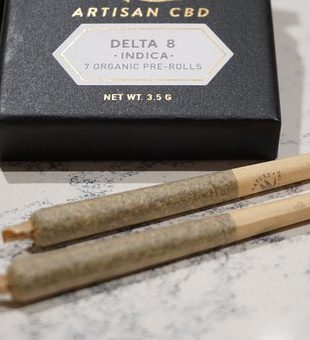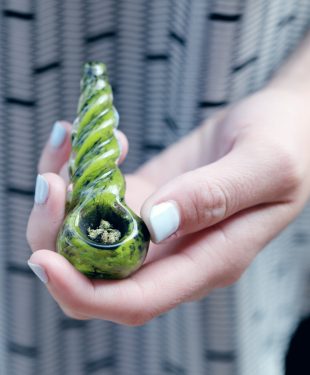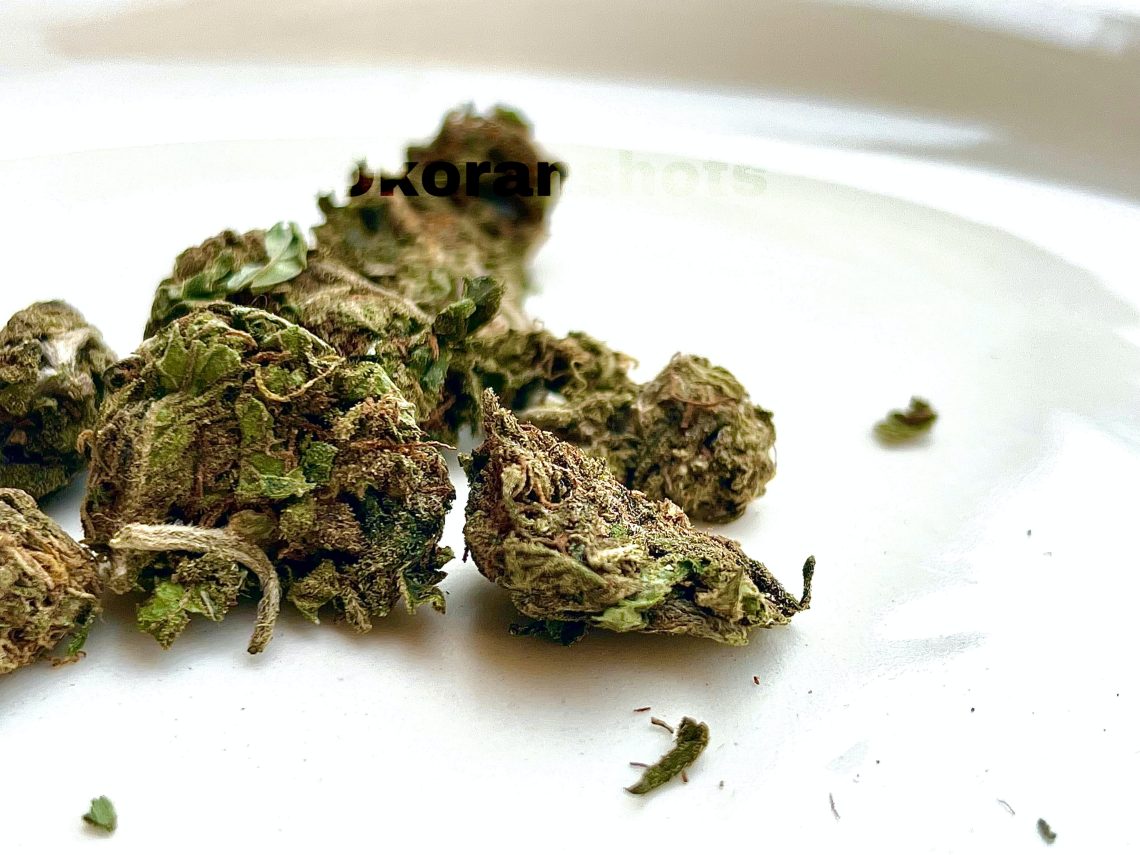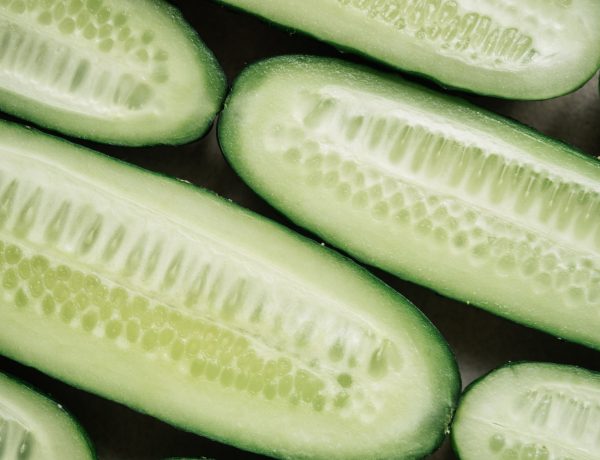Delta 8 vs. Delta 9? Which one is best for experienced users? Over the last 12 months, Delta 8 THC has exploded in popularity. Everybody seems to be hopping on the delta-8 bandwagon, from entrepreneurs to mom-and-pop gas stations. Several hemp stores now claim that delta-8 is outselling CBD, the old cannabis favorite. What does this mean for customers, though? Is it worth a shot, considering its resemblance to delta 9 THC? The delta 8 vs delta 9 comparison is presented here. In this article, we’ll go through each compound and Which one is best for experienced users?
 What Is Delta-8?
What Is Delta-8?
Delta-8 THC results from an intelligent chemist tweaking the chemical bonds of a molecule present in hemp. This is legal under the 2018 Farm Bill and does not induce a high — to develop a closer cousin to marijuana while staying inside the bill’s legal parameters.
Confused? It isn’t very clear. Cannabis plants, such as hemp and marijuana, are closely related. They each have over 100 cannabinoids, compounds that have different effects on the brain and body.
What Is Delta-9?
In cannabis plants, delta 9 THC is the primary psychoactive ingredient. Its function is to protect it from the harsh rays of the sun and pest infestation. Moreover, human meddling has resulted in modern cannabis plants containing high quantities of THC. THC was initially investigated in 1964 by Raphael Mechoulam.
He was the first to isolate THC from cannabis and show that it could penetrate the blood-brain barrier. He was also the first to notice that THC was responsible for the euphoric effects of marijuana smoking, paving the way for more research into the body’s interactions with cannabinoids. The Delta-9 THC gets commonly referred to simply as THC, without the delta-9 qualifier.
Delta-9 Vs. Delta-8
Delta-8 THC and delta-9 THC share similar medical benefits. Delta-9 THC acts by stimulating CB1 receptors in the frontal cortex, which is involved in problem-solving, motor function, motivation, and other functions. THC affects the brain, which is essential in memory and learning. Delta-8’s “high” is smoother and gentler than delta-9’s, with about half the intensity of delta-9’s high.
Delta-8 users may experience mild, euphoric, and uplifting effects like modest amounts of THC. The strength of the bonds between a molecule and an inhibitor or medication is referred to as binding affinity. Furthermore, Delta-8 THC interacts with G-proteins in the central nervous system linked to CB1 receptors. Delta-9 binds to CB1 receptors in the central nervous system with a high affinity.
Delta-8 and delta-9 tend to show a considerable affinity for CB2 receptors in the digestive and immune systems.
Delta-8 THC has the following effects:
- Reduced anxiety
- Tiredness
- Pain alleviation
- Neuroprotective
- Anti-inflammatory
- Increase and subsequently decreases blood pressure
- Stimulates appetite
- Reduces vomiting
Effects of delta-9 THC
- Drowsiness
- Memory impairment in high doses
- Relieves depression in low doses
- Pain relief and muscle relaxation
- Neuroprotective
- Promotes brain cell growth
- Antiepileptic in low doses, especially when paired with high CBD doses
- Reduces risk of Alzheimer’s disease
- Antibiotic properties
- Reduced intraocular pressure
- Increased heart rate
- Reduced nausea

Photo by Sharon McCutcheon on Unsplash
Digestive problems such as nausea and vomiting are known to be relieved by delta-8 and delta-9. Delta-8 exhibited strong antiemetic qualities and eradicated vomiting in children with cancer, according to a 1995 study, which was especially effective because of its lower intoxication levels.
Delta-8 exhibited strong antiemetic qualities and stopped nausea in children with cancer, according to a 1995 study, which was especially beneficial because of its lower intoxication levels. Delta-9 helps people with eating disorders like anorexia nervosa by increasing their appetite. However, studies have shown that delta-8 stimulates appetite even more than delta-9.
Furthermore, studies show that low to moderate doses of delta-9 and delta-8 THC can help with stress and anxiety. Both cannabinoids are used to help people fall asleep naturally.
Should You Choose Delta-8 Over Delta-9 Products?
When comparing Delta 8 to Delta 9, Delta 8 products are newer and more popular than Delta-9 because they do not leave you feeling inebriated. Delta 8 THC products are great for getting you through the day when you need a little extra energy or focus but don’t want to feel too high. These products can help you relax and quiet down without the adverse side effects that Delta 9 is notorious for.
Due to their higher potency, Delta 9 THC might make you feel uncomfortable and paranoid. Furthermore, the alteration in body chemistry caused by Delta 9 THC products raises the risk of addiction or overuse.
Delta 8 and delta 9 for different users
Delta-8 THC can have a variety of effects depending on the individual. While each user’s experience is unique, we’ve seen some striking parallels among all of them so far. Numerous factors to consider, mainly if this is your first time-consuming cannabis.
Newbies
First-time users may have a very different experience than others, whether they’re entirely new to Delta-8 THC and Delta-9 THC or branching out from their typical cannabis products. This is a wholly distinct form of cannabinoid than CBD, even if you’ve used it before. High is a more intense sensation than CBD.
Cannabis users with experience
Those who are more experienced with marijuana do not have as many concerns as newcomers. It may not hit you as strongly if you’ve built up a tolerance, but cannabis smokers everywhere will notice the similarities between Delta-8 and regular cannabis.
Delta-8 THC is a less potent form of Delta-9 THC ideal for users seeking a more relaxing high. Maybe pot isn’t for you, but the notion of getting high appeals to you. Instead, try Delta-8 for a more soothing, uplifting effect.
Final Thoughts: Delta-8 OR Delta-9 THC?
The chemical structures of delta-8 and delta 9 THC are strikingly similar. The sole change in the chemical structure is a single, double bond placement. Delta 8 holds this bond at the chain’s eighth carbon, while delta 9 holds it at its ninth carbon. There are differences between these chemicals from a biological and legal standpoint.
Delta 8 THC is generally favored since it is more calming and clear-headed. It’s a little more expensive than delta 9 THC, and it takes roughly twice as much to achieve the same degree of potency — but it’s worth it for people who want the advantages of THC without feeling overstimulated or nervous.
Read more Lifestyle and Marijuana articles at ClichéMag.com
Images provided by Flickr, Unsplash, Pexels, Pixabay & Creative Commons



